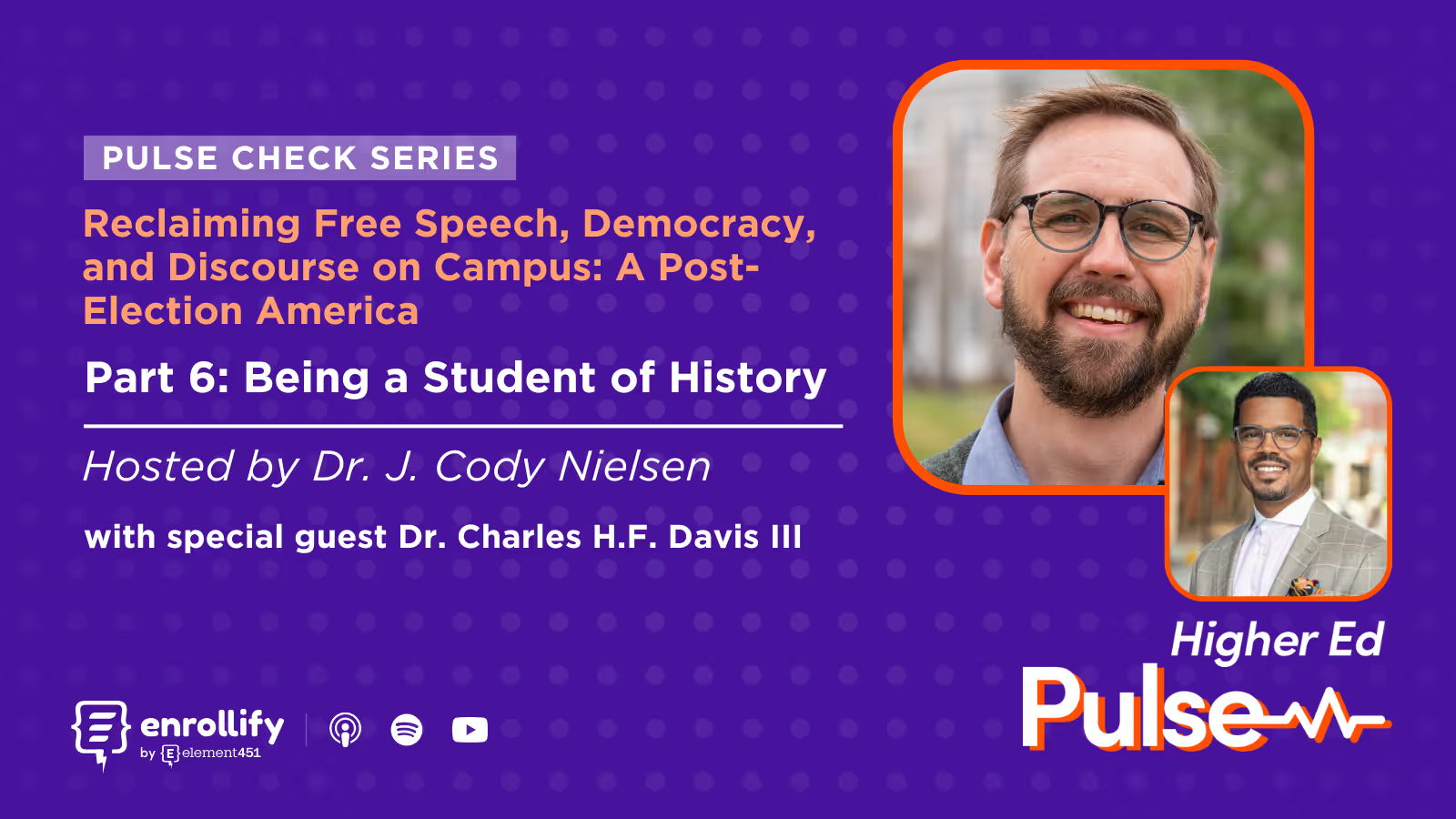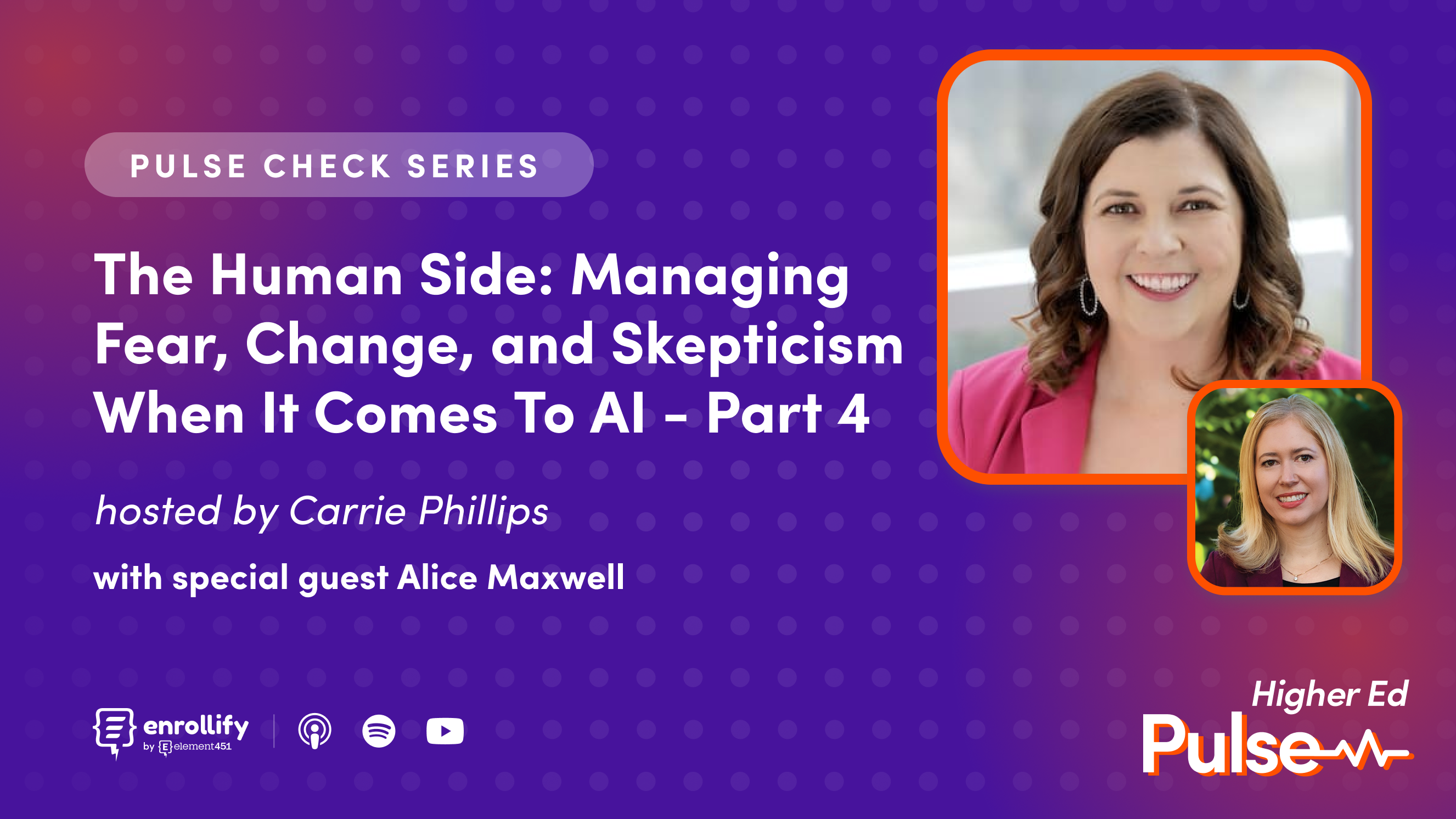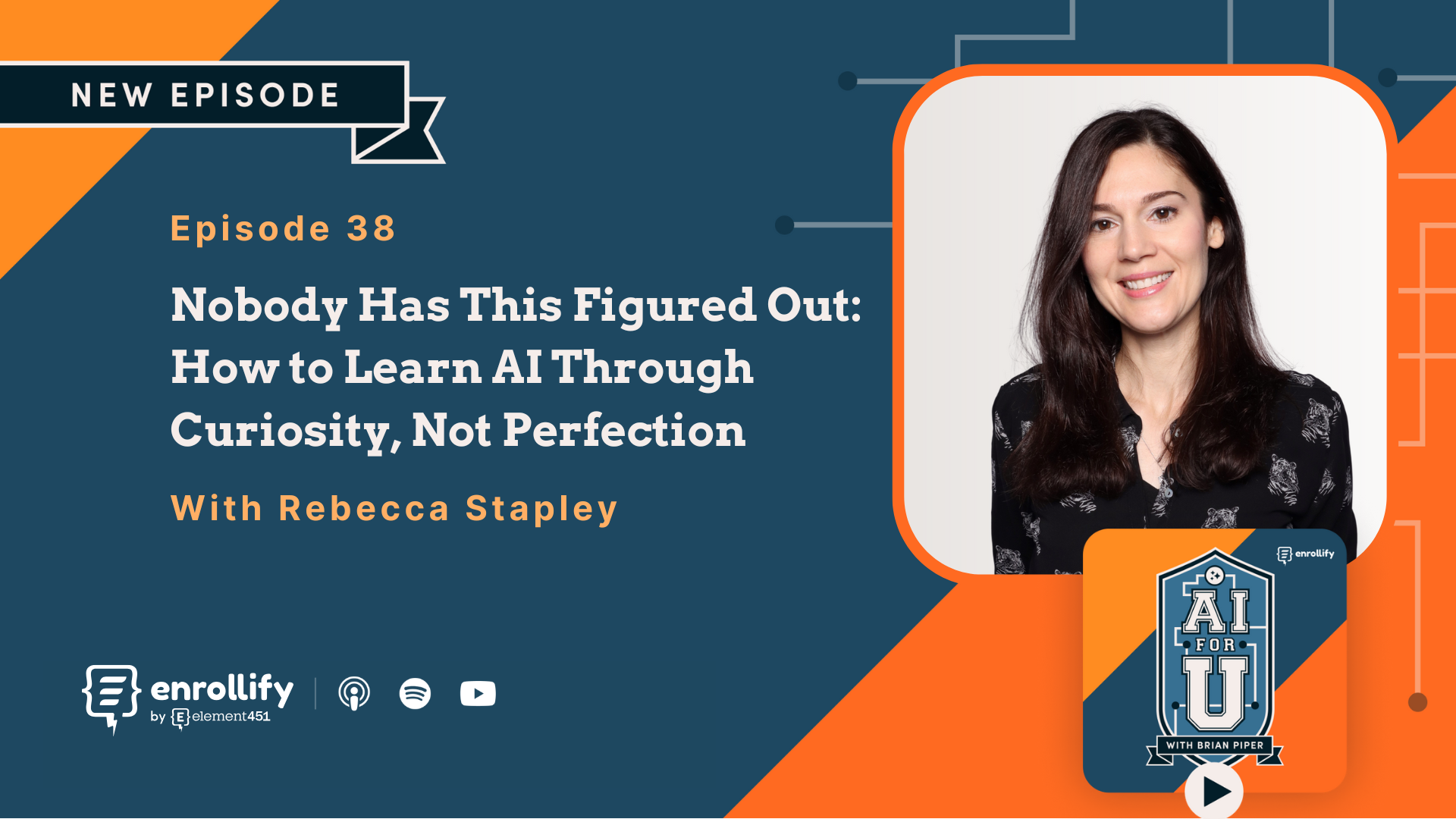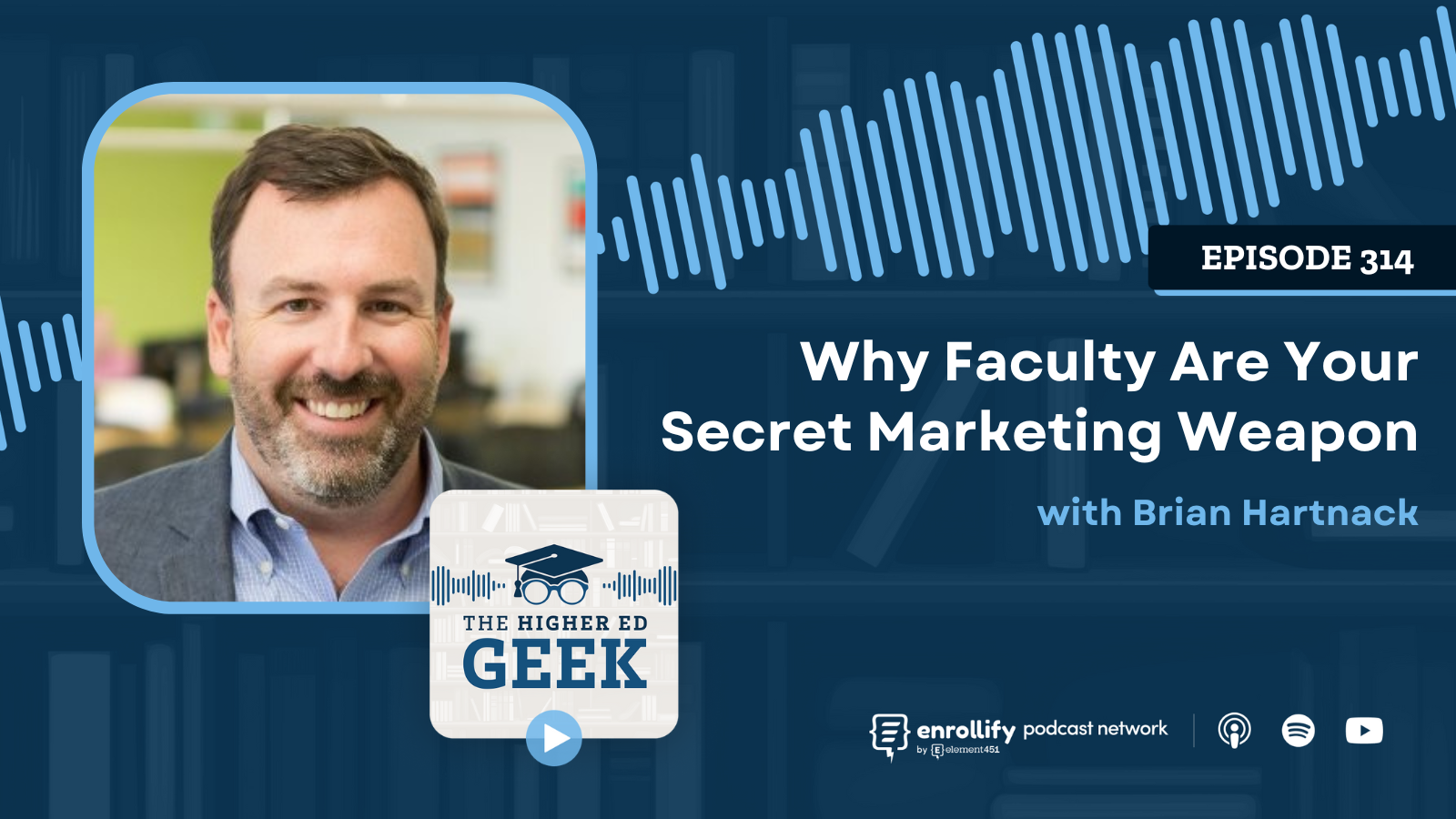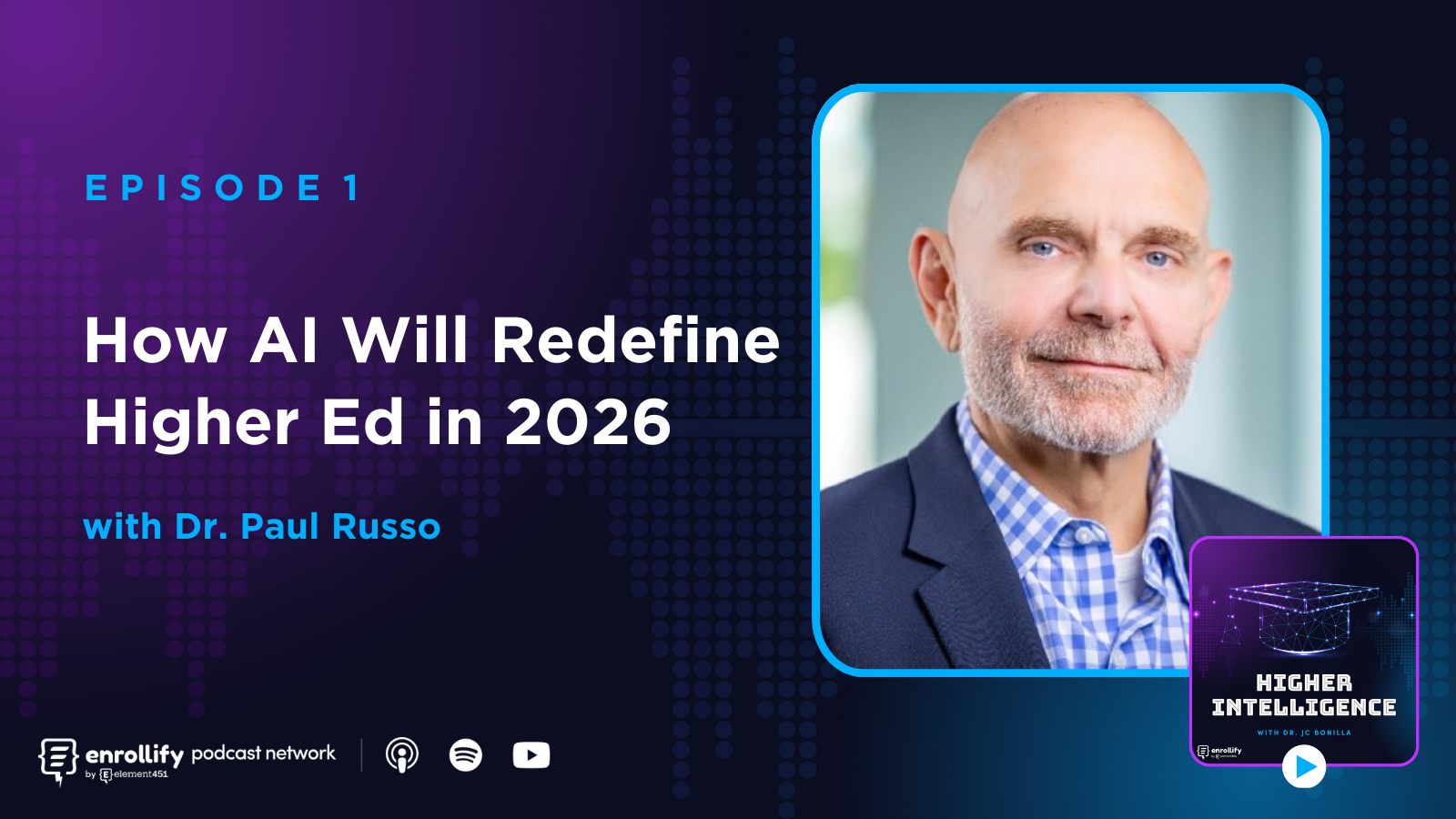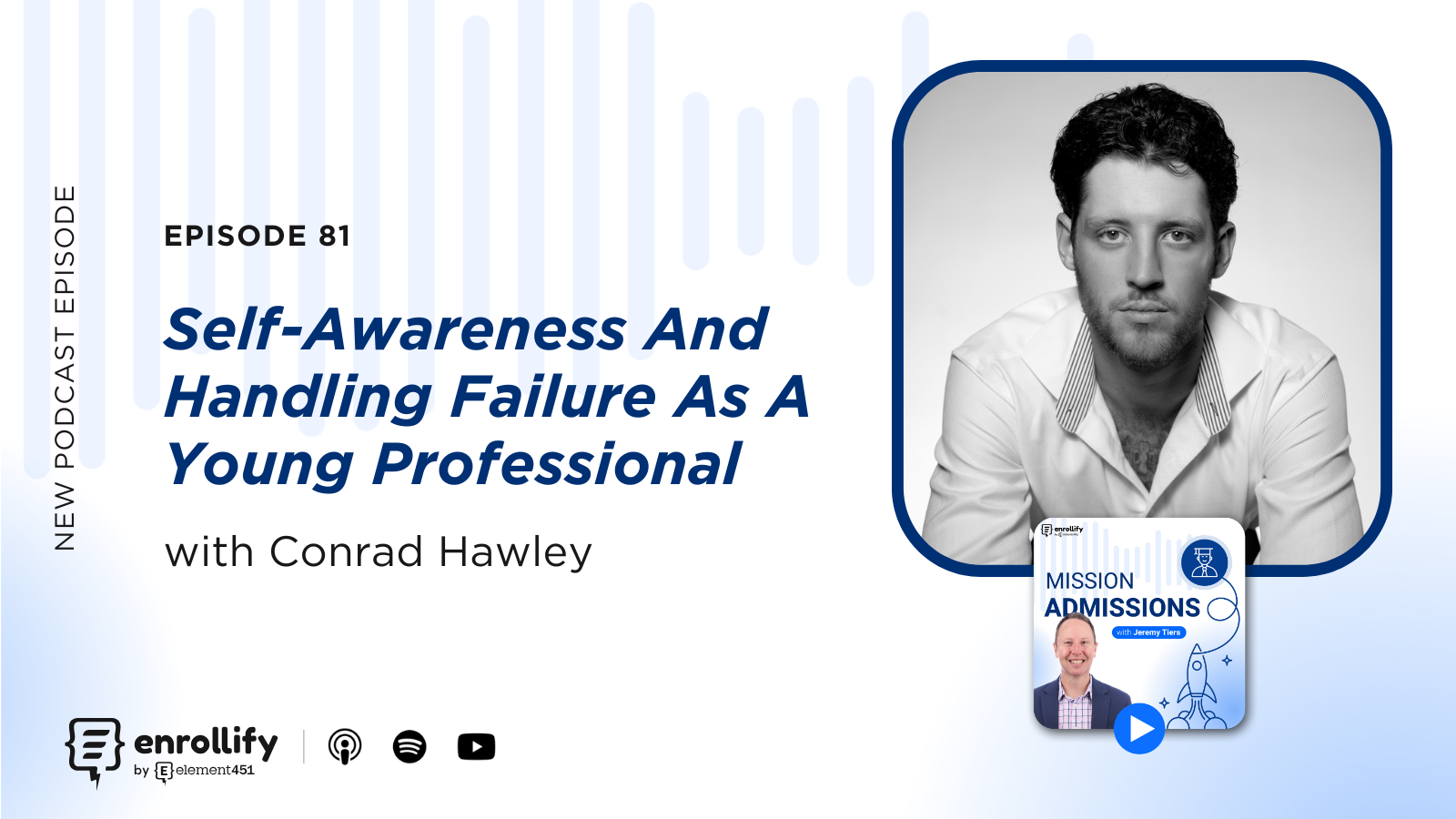About the Episode
About The Episode:
Welcome to Reclaiming Free Speech, Democracy, and Discourse on Campus a Post Election America. I’m Dr. J. Cody Nielsen, Host of After Further Consideration. No matter the outcome, the 2024 election will set the stage for the next decade of higher education. In this Pulse Check series I’ll interview policy makers and practitioners to discuss their outlook on higher education, the ways in which we might reestablish higher education’s public trust, and what a post 2024 election will look like on campus. From expression of speech to civil democracy and discourse, America’s higher education system is at a dramatic turning point and we’re here to break it down. Let’s dive into today’s episode.
In this special episode of Reclaiming Free Speech, Democracy, and Discourse on Campus, host Dr. J. Cody Nielsen sits down with Dr. Charles H.F. Davis III, Assistant Professor at the University of Michigan and scholar of race, systems of oppression, and student activism. Together, they unpack the implications of Donald Trump’s re-election, the challenges of free speech on campus, and the broader societal forces shaping higher education. This episode delves deep into student activism, higher education’s colonial roots, and the ways administrators and educators must navigate the ongoing struggle for justice and equity.
Key Takeaways
- Student Activism Reflects Broader Sociopolitical Realities: Campus movements—whether for Black Lives Matter or pro-Palestinian rights—mirror larger societal struggles, challenging higher education’s historical role as a site of exclusion and privilege.
- Higher Education and Systems of Power: Colleges have long been intertwined with colonialism, capitalism, and racialized oppression. Deconstructing these systems requires critical reflection and moral courage from institutional leaders.
- The Role of Administrators: University administrators must prioritize people over prestige and resist suppressive policies that target student activism, particularly around anti-democratic and oppressive issues.
- Self-Care in the Struggle for Justice: Individual and communal care are critical. Dr. Davis highlights the importance of collective healing, family, and finding spaces for joy and restoration amid ongoing activism.
- The Trump Administration’s Impact: A second Trump term amplifies existing tensions, but the struggle for justice and liberation remains constant—organizers must double down on efforts to improve material conditions for marginalized communities.
Episode Summary
What Role Does Student Activism Play in the Current Political Landscape?
Dr. Charles H.F. Davis III outlines how campus activism has always reflected broader sociopolitical contexts. From the Black Lives Matter movement to pro-Palestinian organizing, students are at the forefront of confronting oppressive systems and demanding institutional accountability. Dr. Davis connects today’s student movements to historical activism, such as the Black Campus Movement of the 1960s and the role of ethnic studies programs in democratizing higher education. He highlights that institutions often resist meaningful change unless forced by organized collective action.
How Has Higher Education Historically Maintained Systems of Oppression?
Dr. Davis dives into higher education’s colonial roots, emphasizing how campuses were built on stolen land and the labor of enslaved Black individuals. These structures persist today, manifested in racialized exclusion, elitism, and suppression of dissent. Administrators must confront their complicity in upholding oppressive systems and commit to re-centering people over profits, productivity, and prestige. He challenges leaders to reflect on their roles and question whether they are truly serving students or perpetuating institutional harm.
What Should Higher Education Leaders Do in the Face of Political Suppression?
Reflecting on the Trump administration’s impact, Dr. Davis notes that institutions have increasingly adopted suppressive policies, weaponizing campus and municipal policing to silence student protests. He urges administrators to act with “moral and political courage,” protecting students rather than criminalizing their activism. By aligning with community values and rejecting reactionary policies, leaders can challenge anti-democratic behaviors and support a more just higher education system.
How Do We Balance Activism with Personal and Collective Well-Being?
Recognizing the emotional and physical toll of activism, Dr. Davis emphasizes the importance of collective care and healing. He advocates for communal approaches to self-care—rejecting individualism in favor of shared spaces for rest, reflection, and joy. Whether through family, community organizing, or physical activities like running, activists must prioritize well-being to sustain their long-term efforts.
Enrollify is produced by Element451 — the next-generation AI student engagement platform helping institutions create meaningful and personalized interactions with students. Learn more at element451.com.
Attend the 2025 Engage Summit!
The Engage Summit is the premier conference for forward-thinking leaders and practitioners dedicated to exploring the transformative power of AI in education.
Explore the strategies and tools to step into the next generation of student engagement, supercharged by AI. You'll leave ready to deliver the most personalized digital engagement experience every step of the way.
👉🏻 Register now to secure your spot in Charlotte, NC, on June 24-25, 2025! Early bird registration ends February 1st.







